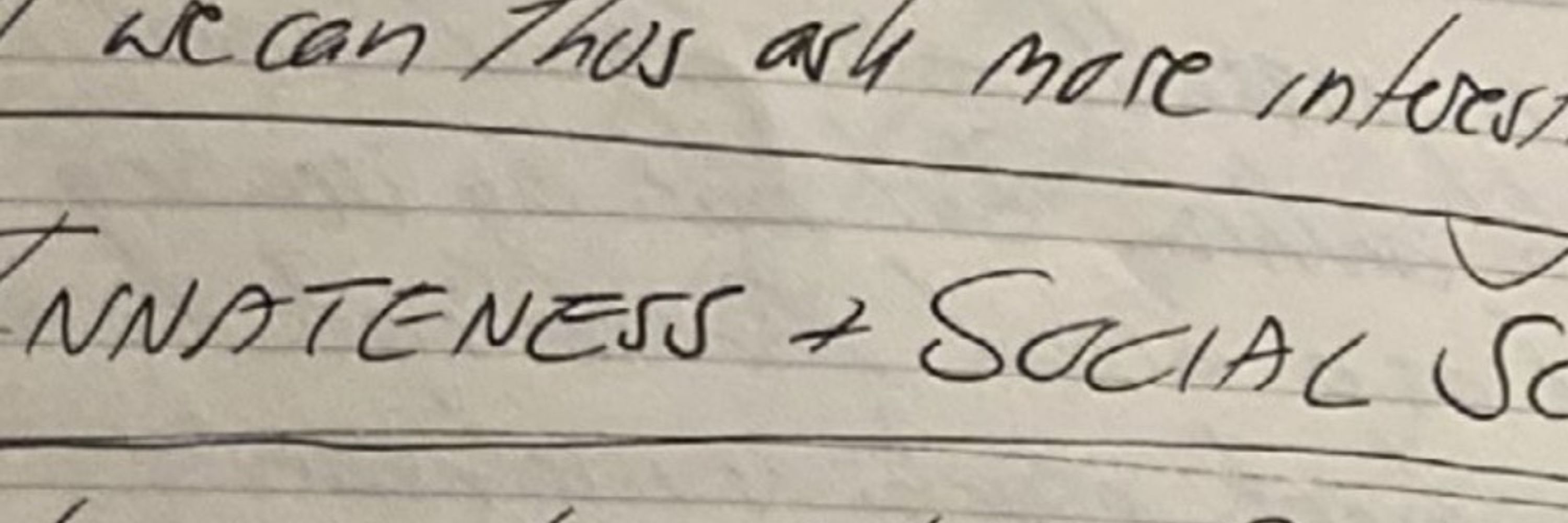David Graeber Institute
@davidgraeberinst.bsky.social
17K followers
2.7K following
810 posts
A platform for projects related to David Graeber’s legacy, developing his ideas and projects that will take on a life of their own, continuing and contributing to his work.
https://davidgraeber.institute
Posts
Media
Videos
Starter Packs
Reposted by David Graeber Institute
Reposted by David Graeber Institute
Reposted by David Graeber Institute
Reposted by David Graeber Institute
Reposted by David Graeber Institute
Reposted by David Graeber Institute
Reposted by David Graeber Institute
















